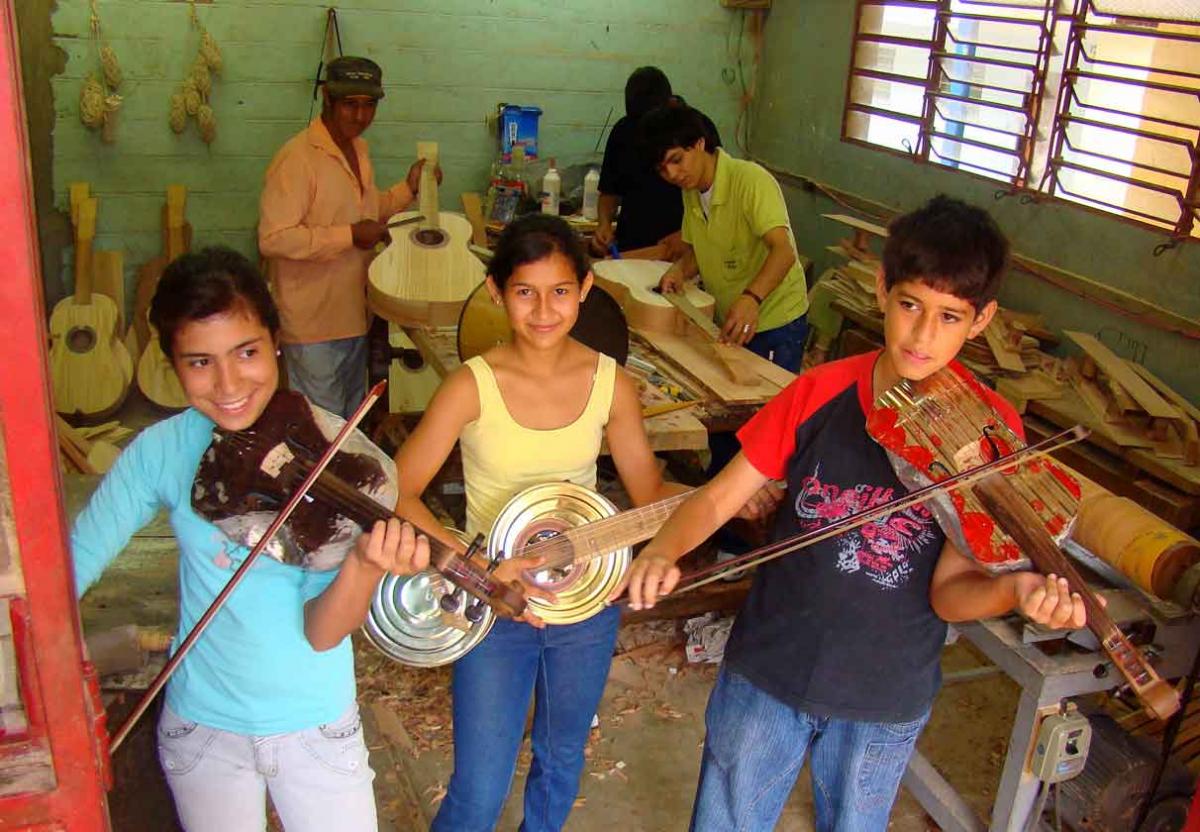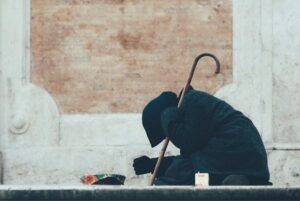Cateura is a small slum in Paraguay, South America. Desperately poor, its villagers survive by recycling items from its rubbish dump. But from these unpromising conditions something beautiful has emerged—an orchestra.
With a violin costing more than a house in Cateura, the orchestra had to get creative, crafting its own instruments from their garbage supply. Violins are made from oil cans with bent forks as tailpieces. Saxophones have come from drainpipes with bottle tops for keys. Cellos are made from tin drums with gnocchi rollers for tuning pegs. Hearing Mozart played on these contraptions is a beautiful thing. The orchestra has gone on tour in many countries, lifting the sights of its young members.
Violins from landfills. Music from slums. That’s symbolic of what God does. For when the prophet Isaiah envisions God’s new creation, a similar picture of beauty-from-poverty emerges, with barren lands bursting into blooming flowers (Isaiah 35:1–2), deserts flowing with streams (vv. 6–7), castaway war tools crafted into garden instruments (2:4), and impoverished people becoming whole to the sounds of joyful songs (35:5–6, 10).
“The world sends us garbage,” Cateura’s orchestra director says. “We send back music.” And as they do, they give the world a glimpse of the future, when God will wipe away the tears of every eye and poverty will be no more.
And that’s the memo.
By Sheridan Voysey and Our Daily Bread






